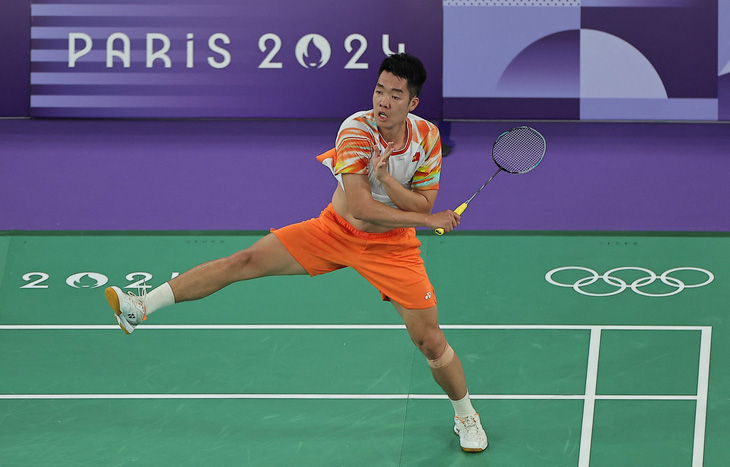While the world tunes in to the 2024 Olympics, with the games running until August 11, two countries in Southeast Asia, Laos and Vietnam, have been left without broadcasting rights.
Their absence is notable, especially when the remaining nine countries in the region secured the rights, even if it was at the eleventh hour for some.
Malaysia, for instance, obtained its broadcasting rights in May, Singapore in early July, and Thailand just in the nick of time before the opening ceremony.
A Costly Affair
The rising cost of television rights, fueled by the commercialization of sports, presents a significant challenge. Negotiating these rights comes with a hefty price tag, and media companies are feeling the strain.
A representative from a Vietnamese TV station with experience in international tournament rights shared their struggle: “As we negotiate, escalating costs coupled with ineffective exploitation and unsold advertising are our main hurdles. Even for high-profile tournaments like the UEFA Euro Championship and FIFA World Cup, we battle to sell enough advertising to cover the costs of broadcasting rights.”
The interest in the Olympics, in comparison, is relatively modest, and the peak competition times fall during the late night to early morning hours in Vietnam, further reducing potential viewership.
This sentiment was echoed by a TV station executive, who lamented the prohibitive cost of the Olympic broadcasting rights. “Television stations and media companies long to own these rights, but the exorbitant price tag is a deal-breaker.”
The financial risk is significant, and with no clear revenue stream to offset the costs, it’s a challenging investment. As the executive pointed out, it’s a matter of “losing profits while shouldering losses.”
Copyright infringement is also rampant in Vietnam, adding to the concerns of media companies. Investing millions of dollars in broadcasting rights, only to have it stolen and pirated, is a daunting prospect.
|
|
| Vietnamese athlete Le Duc Phat represents the country in badminton at the Paris 2024 Olympics. Photo: Reuters |
A Sporting Conundrum
For sports enthusiasts in Vietnam, the absence of broadcasting rights is a disappointment, but not a deal-breaker. Nguyen Van Quan, a 36-year-old office worker, shared his perspective: “While there’s a bit of regret, driven by national pride, it’s understandable that the 2024 Olympics are beyond the reach of Vietnamese sports. Watching the Olympics often feels like witnessing a competition among world athletes, and the timing isn’t always convenient.”
Tran Ngoc Thanh Minh, a middle school teacher, concurred, adding that the Olympics are on a different level compared to what Vietnamese sports can offer. He empathized with the TV stations’ hesitation and emphasized the need for a long-term solution to secure broadcasting rights for future sporting events.
In Thailand, the cost of broadcasting rights was shared between the National Broadcasting and Telecommunication Commission and the National Sports Development Fund, with financial support from businesses. This collaborative effort ensured that Thai viewers could tune in to the games.
A total of 16 Vietnamese athletes qualified for the Paris 2024 Olympic Games, but the delegation’s medal hopes have faded with the recent defeats of markswoman Trinh Thu Vinh and swimmer Nguyen Huy Hoang.
Ha Long Carnival opens in Quang Ninh
The Ha Long Carnival, a highlight of the Ha Long – Quang Ninh tourism week 2019, opened in Bai Chay and Hon Gai tourism area in the northern province of Quang Ninh on April 28.










